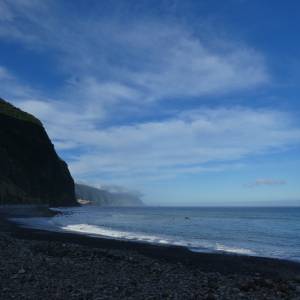The Elgar Route
My work took me to Hereford today and that meant driving along part of the Elgar Route. Getting there had been dreadful - ice and some snow meaning that our West Midlands motorways were prettywell at a standstill in places - so it was delightful to make the homeward journey in better conditions and begin to appreciate what a beautiful part of the world this is.
I was listening to the radio and, on cue, they played part of the magnificent Elgar Cello Concerto - a perfect backdrop to the English countryside..
A bit more information about Elgar :
Sir Edward William Elgar, 1st Baronet, OM, GCVO (2 June 1857 ? 23 February 1934) was an English composer. He is known for such works as the Enigma Variations, the Pomp and Circumstance Marches, The Dream of Gerontius, concertos for violin and cello, and two symphonies. He also composed oratorios, chamber music and songs. He was appointed Master of the King's Musick in 1924.
Edward Elgar was born in the small village of Lower Broadheath outside Worcester, England to William Elgar, a music dealer, and his wife Anne (née Greening). Elgar was the fourth of their seven children: Henry John (known as Harry, 15 October 1848 ? 5 May 1864), Lucy Ann (Loo, born 29 May 1852), Susannah Mary (Pollie, 28 December 1854), Edward William (Ted, 2 June 1857), Frederick Joseph (Jo, 28 August 1859 ? 1866), Francis Thomas (Frank, 1 October 1861), and Helen Agnes (Dott or Dot, 1 January 1864). His mother, Anne, had converted to Roman Catholicism shortly before Edward's birth, so Edward was baptised and brought up as a Roman Catholic.
Elgar was an early riser, and would often turn to reading Voltaire, Drayton historical classics, Longfellow and other works encouraged by his mother. By the age of eight, he was taking piano and violin lessons, and would often listen to his father playing the organ at St. George's church, and soon also took it up. His prime interest, however, was the violin, and his first written music was for that instrument.
Surrounded by sheet music, instruments, and music textbooks in his father's shop in Worcester's High Street, the young Elgar became self-taught in music theory. On warm summer days, he would take scores into the countryside to study them (he was a passionate and adventurous early cyclist from the age of 5). Thus there began for him a strong association between music and nature. As he was later to say, "There is music in the air, music all around us, the world is full of it and you simply take as much as you require."

Comments
Sign in or get an account to comment.


